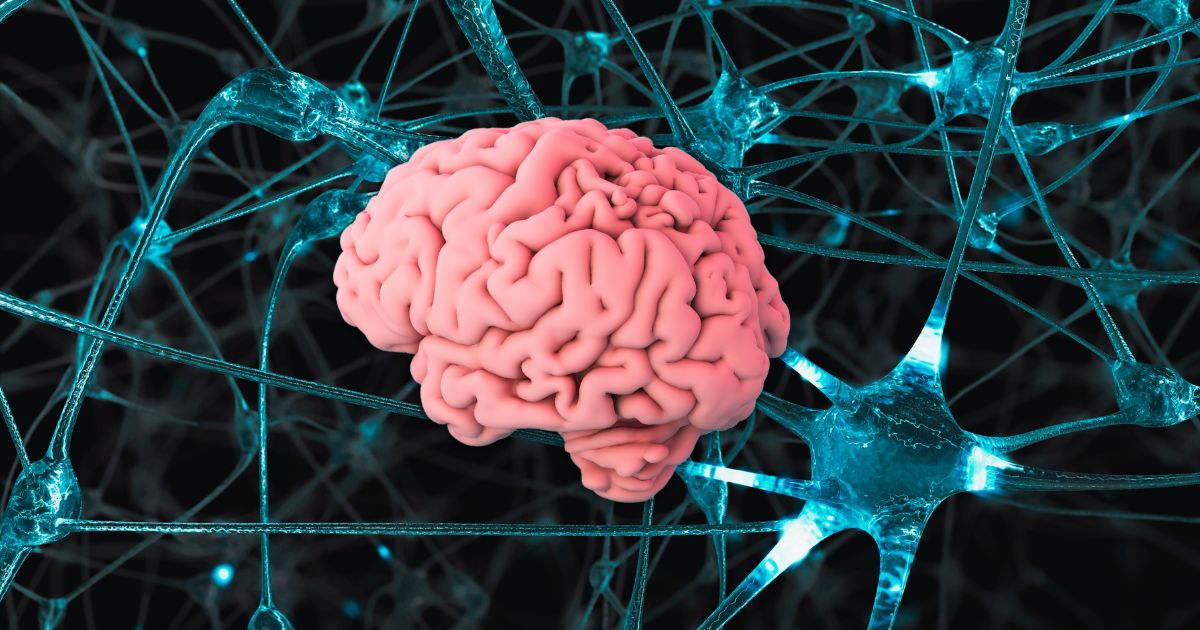ROCHESTER, NEW YORK — A recent serendipitous discovery in a neuroscience laboratory at the University of Rochester has revealed a potential association between Alzheimer’s disease plaques and hearing loss. Daxiang Na, a graduate student in Neuroscience, stumbled upon this unexpected finding while reviewing data for a project in the White Lab at the Del Monte Institute for Neuroscience.
Na was conducting hearing tests on mice with amyloid beta, the primary component of protein plaques found in Alzheimer’s patients. During the study, Na noticed a remarkable similarity between the hearing changes observed in older mice from one particular model, known as 5xFAD, and those typically seen in individuals with Alzheimer’s disease. Interestingly, the other model and younger mice in the 5xFAD group did not exhibit these hearing changes.
“This was a chance observation,” stated Na, who is the lead author of the study published in Frontiers in Neuroscience. “Both mouse models had amyloid beta protein, but the location of the plaques varied, which may explain the differences in hearing loss across the groups.”
Further investigations conducted by the research team uncovered that the brains of older mice from both models contained plaques in the hippocampus and auditory cortex, areas already associated with Alzheimer’s disease. However, mice experiencing hearing changes also displayed a small amount of plaque in the auditory brainstem, indicating that this region might be particularly vulnerable to the disruptive effects of Alzheimer’s-related plaques. Additionally, the presence of plaques in the brainstem compromised its ability to coordinate responses to sound.
According to Patricia White, PhD, a professor of Neuroscience and the senior author of the study, these findings may help explain why individuals with Alzheimer’s disease often suffer from auditory symptoms.
“This may explain why Alzheimer’s patients have auditory symptoms. We think the location of plaques may be more important to hearing decline. It could be a potential biomarker to track disease progression because it could be assessed with amyloid PET imaging. Our data also suggest that regular auditory Brainstem Response assessments could help with diagnosis.”
The study involved collaboration with several other researchers from the University of Rochester Medical Center, including Jingyuan Zhang, PhD, Holly Beaulac, PhD, Dorota Piekna-Przybylska, PhD, Paige Nicklas, and Amy Kiernan, PhD. Funding for the research was provided by the National Institute of Health and the National Institute on Aging.
These findings open up new avenues for understanding the relationship between Alzheimer’s disease and hearing loss and may have significant implications for future diagnostic and therapeutic approaches.
Reference:
- Na D, Zhang J, Beaulac HJ, Pikna-Przybylska D, Nicklas PR, Kiernan AE, White PM. Increased central auditory gain in 5xFAD Alzheimer’s disease mice as an early biomarker candidate for Alzheimer’s disease diagnosis. Front Neurosci. 2023;17. Published online May 26, 2023. doi.org/10.3389/fnins.2023.1106570
Source: University of Rochester







